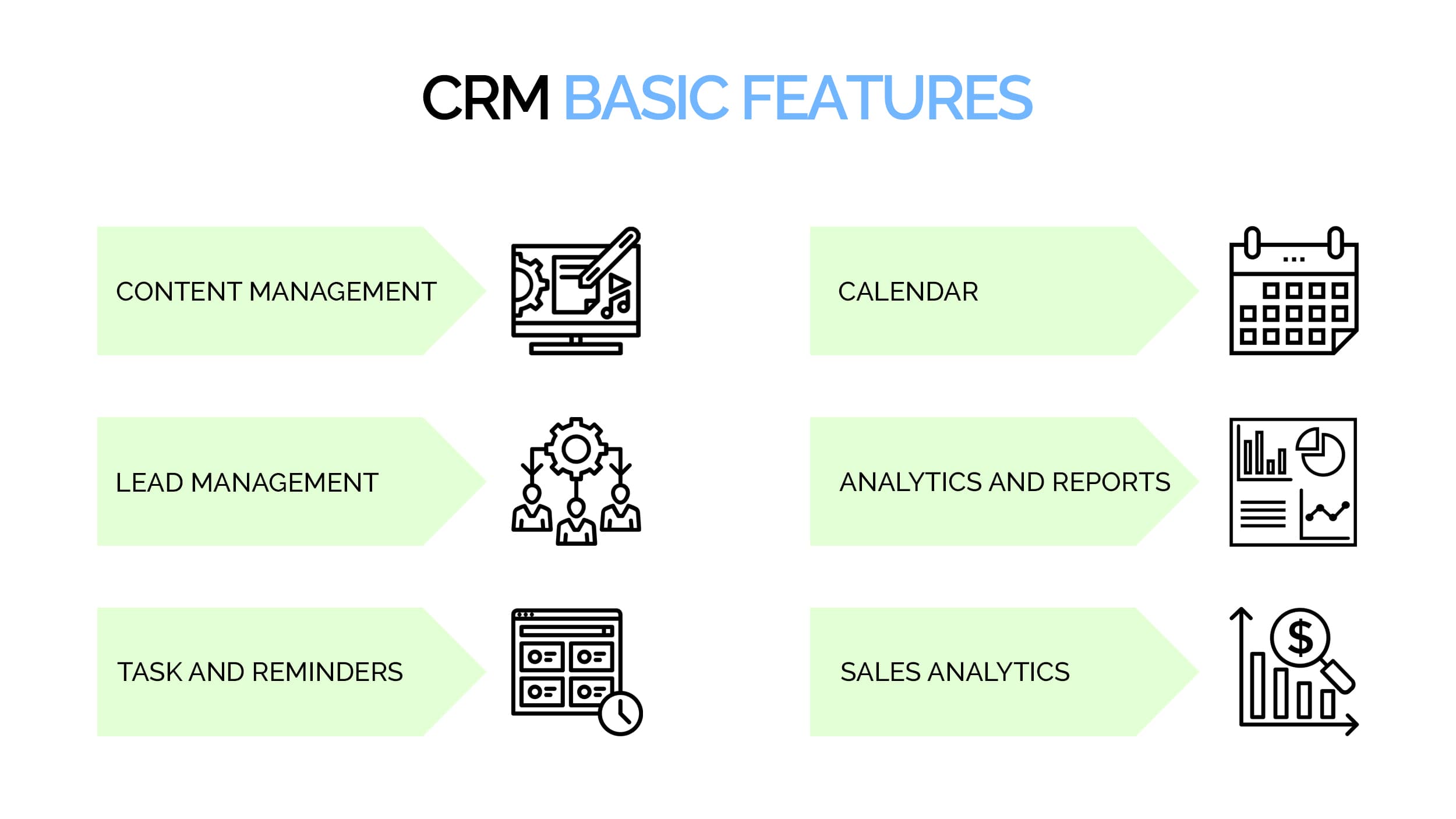From Confusion to Simplicity: Picking the Perfect CRM for Your Staff

In the current dynamic commercial environment, managing customer relationships is increasingly important nowadays. A lot of businesses often find themselves swamped by the massive amount of data and interactions they need to track, causing a haphazard approach to customer management. This is why CRM software becomes important, delivering a structured way to sort, handle, and evaluate customer information. However, with a variety of options to choose from, selecting the appropriate CRM solution can seem overwhelming.
Locating the perfect customer relationship management system for your team requires thoughtful evaluation of your specific needs and aims. A carefully picked CRM can simplify processes, boost collaboration, and in the end boost revenue growth. Nevertheless, deciding on the wrong choice could cause wasted resources and forgone opportunities. In this article, we will walk you throughout the key factors to take into account when choosing a CRM, allowing you transition from chaos to order and allowing your team to thrive.
Essential Elements to Consider
When picking a CRM software, it's essential to review the user interface and overall usability. A platform that is easy to use and navigable ensures that your team can quickly adopt and utilize it effectively. Look for features like drag-and-drop functionality, adjustable dashboards, and mobile-friendly options to enhance user experience. Streamlining the learning curve for team members can significantly improve productivity and minimize resistance to change.

Integration capabilities are essential when deciding on the right CRM. Your picked software should integrate smoothly with other existing tools and systems, such as email tools, social media tools, and accounting tools. This ensures a smooth flow of information across different departments and enhances data accuracy. Consider how well the CRM works with tools your team is familiar with to avoid disruptions in your workflow.
Lastly, strong reporting and analytics features are important for following customer interactions and evaluating the effectiveness of your sales strategies. A CRM that provides detailed insights into customer behavior, sales performance, and lead management will allow your team to make knowledgeable decisions. Look for adjustable reports and live analytics that can help you identify trends and areas for improvement in your business processes.
Assessing Customer Relationship Management Options
When reviewing CRM choices, it is crucial to reflect on the distinct needs of your organization. Start by determining your primary requirements, such as lead management, analytics features, and compatibility with additional tools your team employs. This will assist filter your choices, making sure you focus on platforms that align with your operations and goals. crm system to involve your members in this procedure, as their input will provide valuable perspectives into what capabilities would be most beneficial.
Then, examine the flexibility of the CRM software you are interested in. As your company grows, your customer relationship management system should be able to evolve and accommodate an growing number of clients, information, and increasingly complicated workflows. Check success stories or reviews to see how other organizations have effectively grown their activities with the customer relationship management systems on your selection. This will offer you an understanding of how effectively a platform can grow alongside your business needs.
Finally, do not neglect the importance of ease of use and assistance. A customer relationship management system that is hard to use will likely prevent your staff from fully utilizing its functions. Set up demos or trials to assess the interface and collect input from team members on usability. Furthermore, look into the customer support options available, as helpful customer service can make a considerable impact during implementation and ongoing usage of the software.
Execution and Education
Proper execution of your chosen CRM software is crucial for maximizing the its benefits. Start by drafting a clear plan that includes timelines, responsibilities, and goals. Make sure that the configurations are tailored to your staff's workflows, which makes the shift smoother. Engaging with the CRM vendor for assistance during this stage can provide important insights and help resolve any technological challenges that arise.
Training your team effectively is essential to ensure that all members is comfortable using the new system. Consider hosting formal educational sessions with hands-on experience, focusing on the features that will be most useful for your team’s daily tasks. Providing access to additional resources, such as guides and user manuals, can enable team members to navigate the software at their individual pace.
Ongoing support is also crucial once the CRM software is in place. Promote clear lines of communication where team members can provide input and ask questions. Frequent check-ins can help identify any issues that may arise and address them quickly. This continuous engagement will not only enhance user adoption but also guarantee that your team fully leverages the CRM features to boost productivity and expansion.
